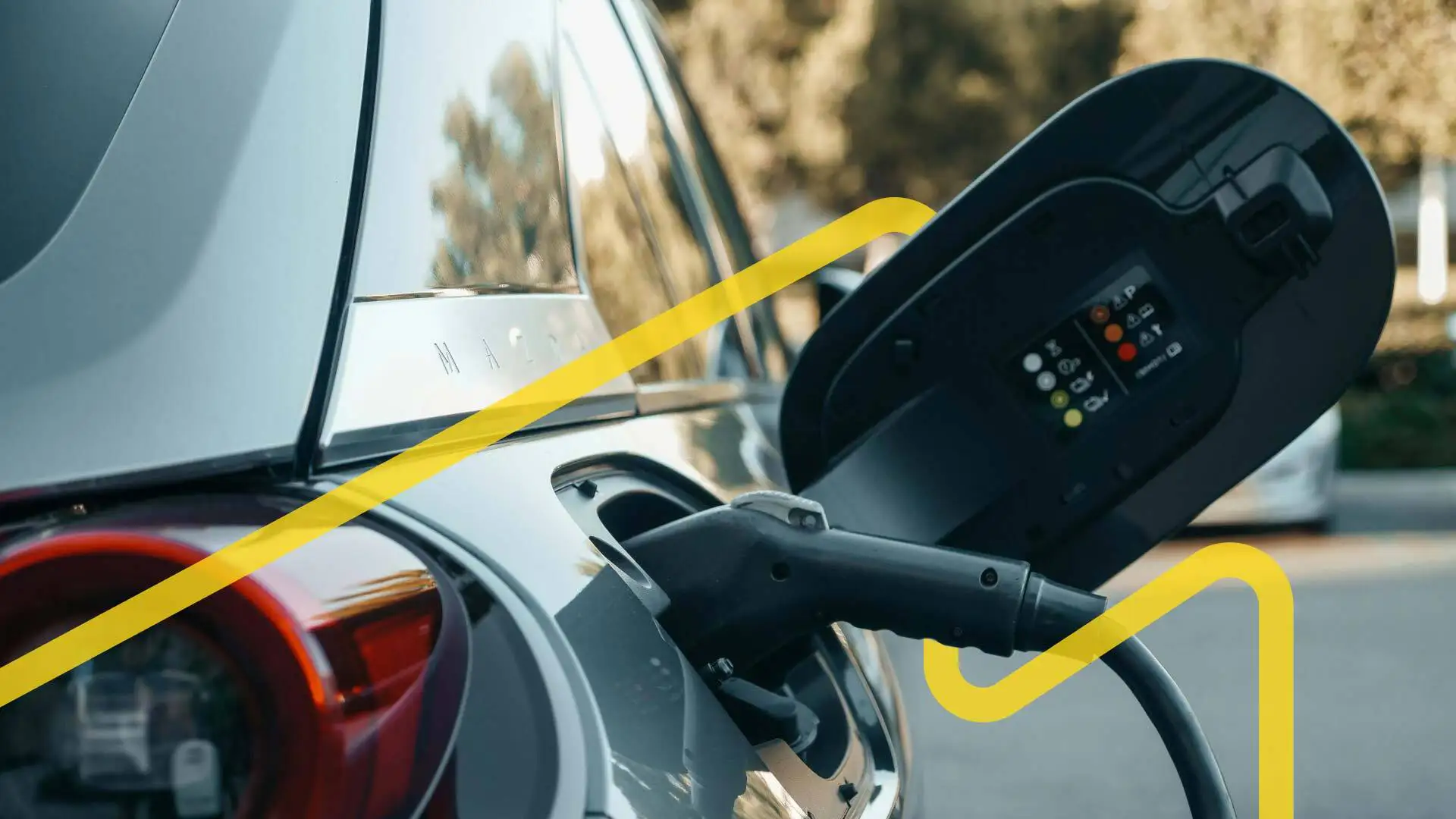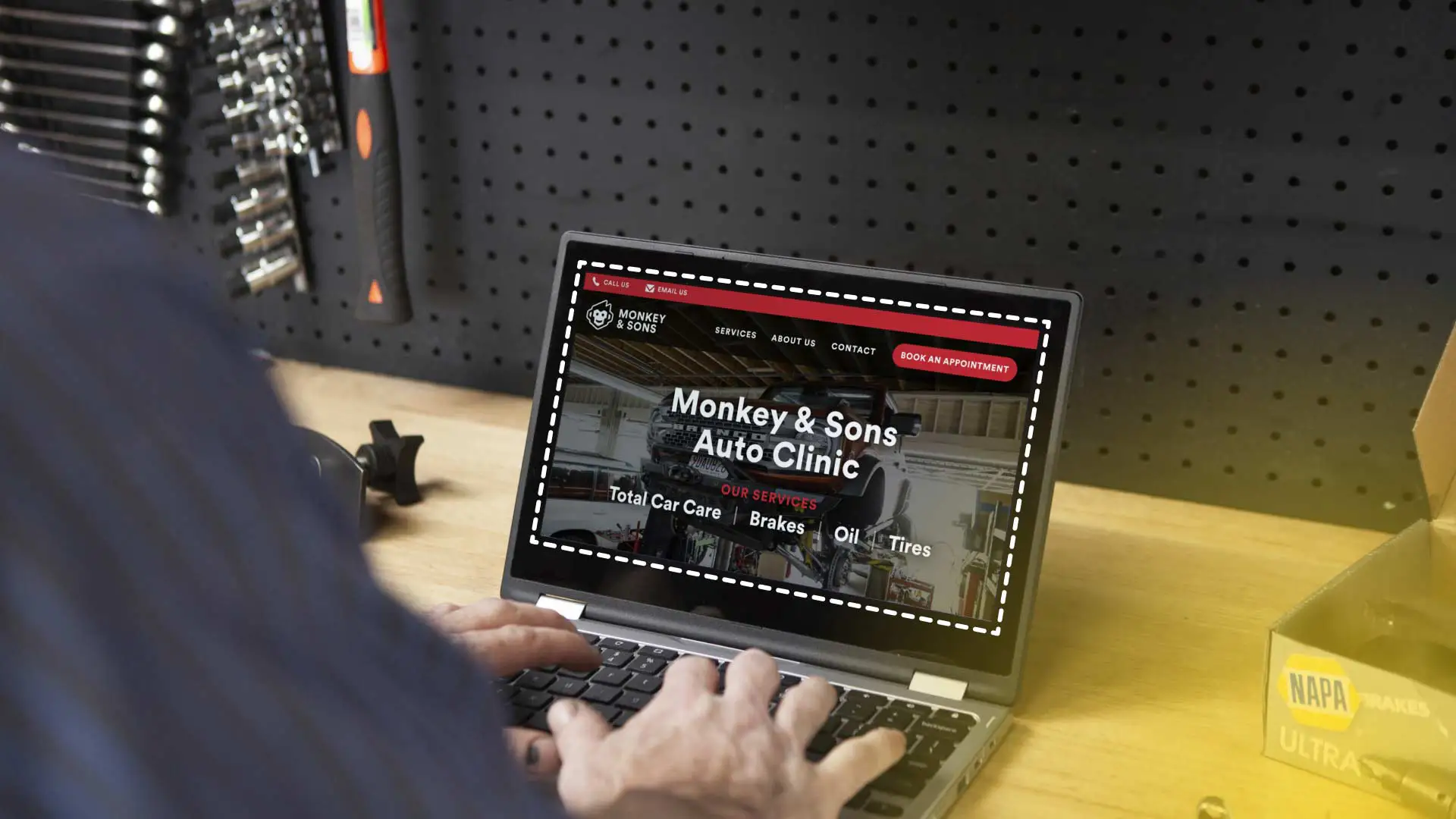It’s official: We have entered the high-voltage era. While it’s true that electric vehicles (EVs) still have a ways to go before overtaking their internal combustion engine (ICE) counterparts, the EV market has made massive strides in recent years, driven by advancements in technology, efforts to reduce carbon emissions, and government policies backing EV ownership.
This shift toward EVs is expected to impact auto repair in several ways… if it hasn’t already. Mechanics must learn new skills to handle electrified systems and EV-specific components. Repair shops will need to rethink the services they offer and the tools and equipment they use. Plus, EVs have fewer moving parts than ICE vehicles, potentially reducing the need for regular maintenance.
For quick lube shops, whose bread and butter is oil changes in a jiffy, the prospect of more vehicles on the road that don’t need motor oil can send anxiety levels soaring. But don’t reach for the panic button just yet, because there’s opportunity for shops that proactively adapt to an evolving market.
Let’s take a closer look at the EV landscape and discuss some specific strategies for quick lube shops to succeed in an electrified future.
Understanding the EV Landscape
EVs are structurally different from ICE vehicles, and this difference extends to their service needs. For example, gas-powered vehicles have integrated powertrains that include the engine, transmission, and fuel and exhaust systems. EVs, on the other hand, have simpler components like electric motors, inverters, and battery packs. So, while ICE vehicles need regular oil changes, engine tune-ups, and transmission flushes, EVs don’t. Other notable differences involve braking systems, fluid and filter requirements, battery maintenance, and both software and firmware updates.
Expanding Your Services
While they may not require traditional services, EVs can provide additional revenue streams. Quick lube shops that want to stay ahead of the curve should consider incorporating:
Tire and Wheel Services: The added weight of EVs from heavy battery packs, combined with the instant torque from electric motors, causes accelerated tire wear. In fact, testing by Goodyear found that tires can wear out 30% faster on EVs. Expanding your tire pressure monitoring, installation, repair, rotation, and balancing services, and stressing the importance of regular pressure and tread-depth checks, for example, can help drive business and educate your customer base.
Brake Services: EVs use regenerative braking, which reduces the wear on traditional brake components. This means brakes don’t need servicing as often. But they still need regular brake fluid checks and occasional pad replacements. Techs can also be trained to perform inspections that focus on the performance of regenerative systems.
Battery Health Checks & Swapping: The EV’s battery pack powers the whole car, so keeping it healthy is vital. The manufacturer’s warranty on batteries typically lasts 8 years or 100,000 miles, so replacement won’t be an everyday thing. But over time these power packs can lose some of their range. Providing battery inspections, diagnostics, and even cleaning could open up new markets.
HVAC Services: EVs’ unique HVAC systems often include electric heat pumps or high-voltage heaters, and coolant to chill the battery pack. These systems, which help keep the car’s power source cool and maintain the EV’s overall performance, require specialized training to service–another potential niche.
Advanced Driver Assistance Systems (ADAS) Calibration: ADAS features are becoming more commonplace in EVs, and these systems need to be recalibrated after certain components like sensors or cameras are repaired. Even a slight misalignment could cause a sensor to miss its target, so proper calibration, which requires specialized tools and training but commands high margins, is essential.
Note: While some of the above-mentioned services–tire pressure monitoring, cabin air filter replacement, washer fluid top-off, etc.–can be completed within the 20-minute timeframe quick lube shops are known for, others cannot. So pick and choose accordingly.
Building a Tech-Savvy Shop
Because EVs are sophisticated machines, servicing them requires dedicated tools and training. For example, these vehicles have complex onboard systems, and in order to communicate with them you’ll need the right diagnostic equipment.
Just as important, your technicians must be equipped with EV-specific skills and knowledge. Training in areas like battery management, electrical systems, and safety precautions, among others, should be provided.
Many of your EV customers will be unfamiliar with their vehicles’ maintenance needs, and educating them on the importance of regular service, and what that service entails, is a great way to build trust and credibility. You could also offer workshops or seminars on EV care for new and potential owners.
Information is power, and good data management tools are invaluable for things like tracking your customers’ service history, anticipating maintenance needs, and streamlining operations throughout the shop.
Marketing Your EV Services
Any push into a new segment will benefit from some strategic marketing. Start with your branding and see whether an updated image could better reflect your EV offerings. This could include a new logo, as well as website, signage, and any branded products or merch.
Your shop’s digital presence–social media, search engine optimization (SEO), and targeted ads–will help you reach and engage EV owners in the area. Email marketing campaigns can also help showcase your expertise and new services, as well as promote special offers to drive traffic to your shop.
Hosting informal meet-ups with fellow EV owners, joining online groups or forums, and partnering with local EV clubs or organizations could also help bring the community together.
Charging Into the Future
The future of automotive repair and maintenance is coming into focus, and EVs are helping reframe the picture. For quick lube shops, this presents both challenges and opportunities. But by proactively adapting your services, investing in the right tools and training, and redirecting your marketing efforts, your shop will be primed to take on the vehicles of tomorrow.
And, to streamline your operations today, look no further than Shopmonkey’s all-in-one oil change software. Request a demo today and see how this intuitive platform can add efficiency to your shop while moving customers through your bays at lightning-fast speed.




